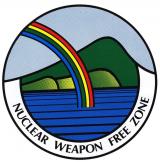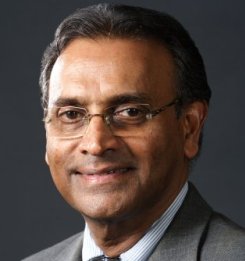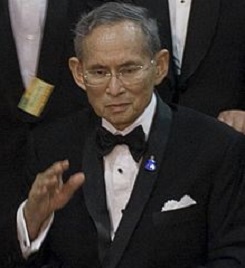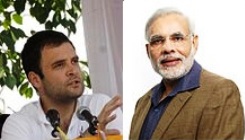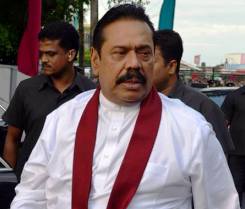A Nuclear Weapon Free Zone for North-East Asia?
By Jayantha Dhanapala* | IDN-InDepth NewsAnalysis
KANDY, Sri Lanka (IDN) – In 2015 it will be 70 years since the horrible bombing of Hiroshima and Nagasaki by the USA – the only time nuclear weapons were ever used. The urgent need to seek solutions over nuclear weapons in North-east Asia was highlighted in the following paragraphs from the Asia Pacific Leaders Network’s (APLN) Jakarta Declaration of September 2014:
“Acutely conscious that the world’s more than 16,000 remaining nuclear weapons are strongly concentrated in the Asia Pacific region, with the US and Russia having over 90 per cent of the world’s stockpile and major strategic footprints here, China, India, and Pakistan all having significant arsenals, and the breakout state of North Korea continuing to build its capability,

